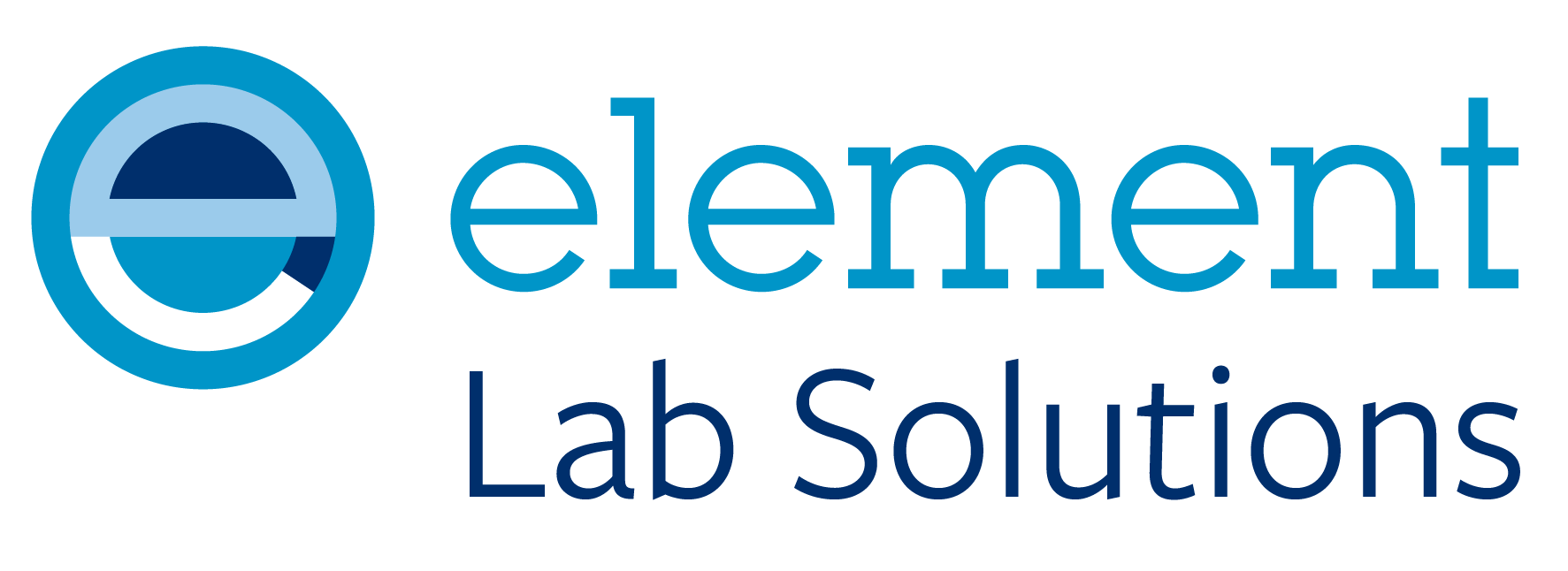HPLC METHOD DEVELOPMENT
1 DAY - IN PERSON AT YOUR LAB
OR 2 HALF DAYS - LIVE ONLINE
For the experienced chromatographer, this course provides a comprehensive, process-driven approach to the development of an optimal and robust HPLC method.
The course includes a detailed exploration of each critical parameter within a typical method, then builds this into step-by-step process for method development. We apply relevant theory to underpin a practical approach which maps out the optimal route to a commercial quality method. Importantly we look at building robustness into each stage of development using a Quality by Design approach, highlighting many common problems and how we develop these out.
Video Overview
Video Walkthrough
HPLC METHOD DEVELOPMENT COURSE OVERVIEW
Who is this course for?
This course is designed for the more experienced chromatographer with a good working knowledge of HPLC separations. Completion of Understanding HPLC and HPLC Troubleshooting training courses would be advantageous.
Previous Knowledge
Delegates should have a good knowledge of chromatography and experience as HPLC users. Some experience in method development is recommended. A good grounding in chemistry is also beneficial.
What you will learn
- Setting method development objectives
- Sample preparation
- System choices
- Choosing a column and mobile phase
- Optimising strategies
- Quantitation and system characterisation
Related Content
HPLC METHOD DEVELOPMENT COURSE OUTLINE
Objectives
- Design specification
- What is QBD?
- Building in robustness
Influencing Resolution
- Retention factor
- Efficiency
- Selectivity
Sample Preparation
- Influencing sample solubility
- Choosing a diluent
Mobile Phases
- Sample polarity
- Organic modifiers
- pH control
- Flowrates
Columns
- Physical dimensions
- Particle type, sizes and UHPLC
- Temperature
- Chemically modified silica
- Reversed phase ligands
- Hydrophobic subtraction model classification
Gradient Elution
- Isocratic or gradient
- Optimising k’
- Effect of each gradient parameter
Building a Practical Process
- Sample preparation
- Retention
- Screening for alpha
- Chromatographic optimisation
- Linearity, range and sensitivity
- Pre-validation
● Setting method development objectives
● Sample preparation
● System choices
● Choosing a column and mobile phase
● Optimising strategies
● Quantitation and system characterisation
Objectives
- Design specification
- What is QBD?
- Building in robustness
Influencing Resolution
- Retention factor
- Efficiency
- Selectivity
Sample Preparation
- Influencing sample solubility
- Choosing a diluent
Mobile Phases
- Sample polarity
- Organic modifiers
- pH control
- Flowrates
Columns
- Physical dimensions
- Particle type, sizes and UHPLC
- Temperature
- Chemically modified silica
- Reversed phase ligands
- Hydrophobic subtraction model classification
Gradient Elution
- Isocratic or gradient
- Optimising k’
- Effect of each gradient parameter
Building a Practical Process
- Sample preparation
- Retention
- Screening for alpha
- Chromatographic optimisation
- Linearity, range and sensitivity
- Pre-validation
This course is designed for the more experienced chromatographer with a good working knowledge of HPLC separations. Completion of Understanding HPLC and HPLC Troubleshooting training courses would be advantageous.
Delegates should have a good knowledge of chromatography and experience as HPLC users. Some experience in method development is recommended. A good grounding in chemistry is also beneficial.
Understanding HPLC
HPLC Troubleshooting
Analytical Method Validation
Forced Degradation
